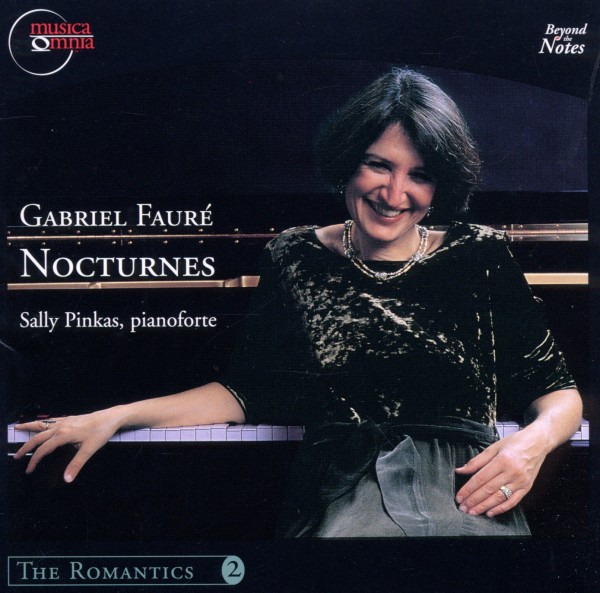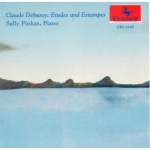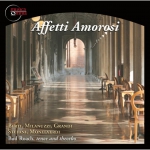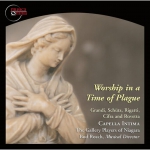Other products from Sally Pinkas |
My Account
|
Log In
|
English |
€ Euro |
Advanced Search
|
All Categories
BEST SELLER
500
NEW RELEASES
7.443
SPECIALS
222.861
Your search:
No selection
Filter results:
TECHNICS
264.214
GAMES/SOFTWARE
26.119
MUSIC
716.871
Other Classic
4.111
- Accordion
23
- Bassoon
5
- Bugle
3
- Cello
122
- Clarinet
24
- Clavichord
44
- Double Bass
5
- Early Instrum.
17
- Flute
56
- Guitar
320
- Harp
50
- Harpsichord
229
- Lute
108
- Mandolin
11
- Oboe
8
- Organ
542
- Other Solo Instrum.
1.692
- Percussion
16
- Piano
2.462
- Recorder
11
- Saxophone
12
- Trombone
5
- Trumpet
11
- Viola
28
- Violin
205
Symphonic Music
12.983
|
Music Movie Audiobooks Merchandise Children's |






















